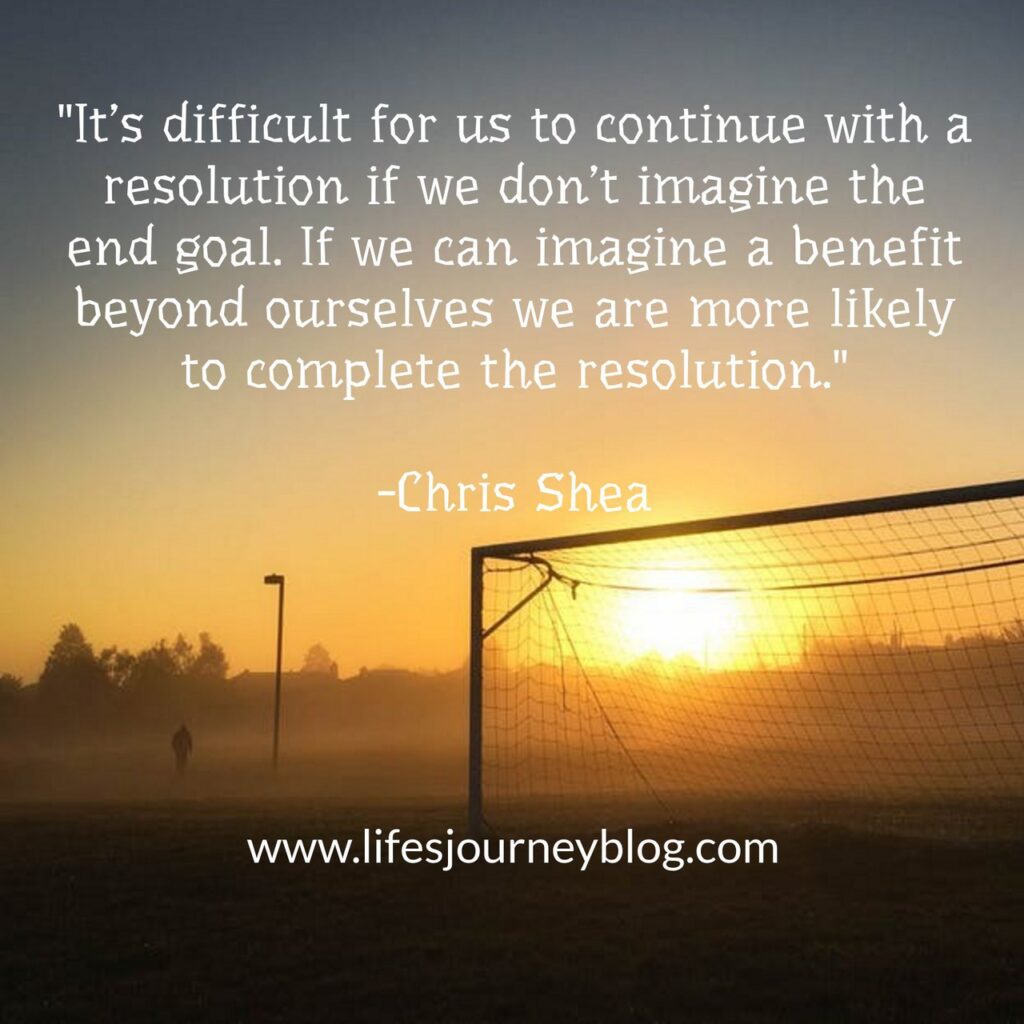
new years resolution: you’re doing them all wrong and here’s why
As the new year began, many of us made resolutions for ourselves with healthy living intentions. We resolved to make our life better, to be healthier, to be successful, and overall to be different from who we’ve been. But now, as the year progresses, we lament that many resolutions are less accomplished than we hoped. Some we still need to start (or started yet now ended). What happened? What went wrong? Let me show you how to make a resolution that will last.
“Plans are only good intentions unless they immediately degenerate into hard work.” – Peter Drucker
As the Drucker quote states, our plans will not be successful, and we will only reach our goals if they entail hard work. If we make resolutions that are too easy to accomplish, we either put them off for later or don’t fulfill us enough to continue with the task. If I may, I would like to expand on Drucker’s quote to include “plans which challenge and inspire us” we are more likely to stick with doing. The idea of hard work is essential, but so are tasks that challenge and inspire.
Often, it’s easier for us to adhere to a resolution if we have a clear picture of the final outcome. This outcome needs to be challenging for our abilities as well as inspiring, meaning that, in the broader scope of my life, what impact will this specific goal have on the people around me.
While New Year’s resolutions tend to focus on our health and wellness intentions, if we can envision an outcome beyond ourselves, we are more likely to keep our resolutions.
One of the reasons self-help groups are effective is due to a community effort toward a shared goal. The members form a community of encouragement, understanding, action, and altruism. Each of these qualities is important, but the selfless nature of the members toward each other encourages each member to continue in their resolve. If we similarly view our resolutions, we will be successful so long as we are altruistic.
For us to continue with our resolutions, we need to practice mindfulness, which emphasizes living in the moment. Practicing mindfulness allows us to reflect on our past experiences and choices nonjudgmentally, allowing us to gain a deeper understanding of ourselves.
Whenever we reflect on our past, we can remember the wonderful moments and, at the same time, we can remember the moments when things weren’t going well so that we know what we need to do differently today and in our planning for the future. In this way, we build on what has been learned in the past. Our past is not ignored but honored for its lessons.
Making resolutions is a beneficial way to set goals based on what we’ve learned from our past. Making these resolutions allows us to live in the moment as we take the time to figure out what it is we resolve to improve. Resolutions don’t need to be made only at the beginning of a new year.
One of the beautiful elements of living in the present moment is that we can “start over” whenever we need to. If my day is not going as planned and I get frustrated, I can stop, breathe, and start again. I can start over before the following day or even the following year. I can start over any time I feel the need.
Therefore, if you need more time to work on your resolutions, take the time rather than rush through a list because of a self-imposed obligation or expectation.
Make resolutions that will give you a new beginning. Challenge yourself while keeping your expectations reasonable. Then you will see changes in your life which will translate into inner peace.
{loadmoduleid 140}
